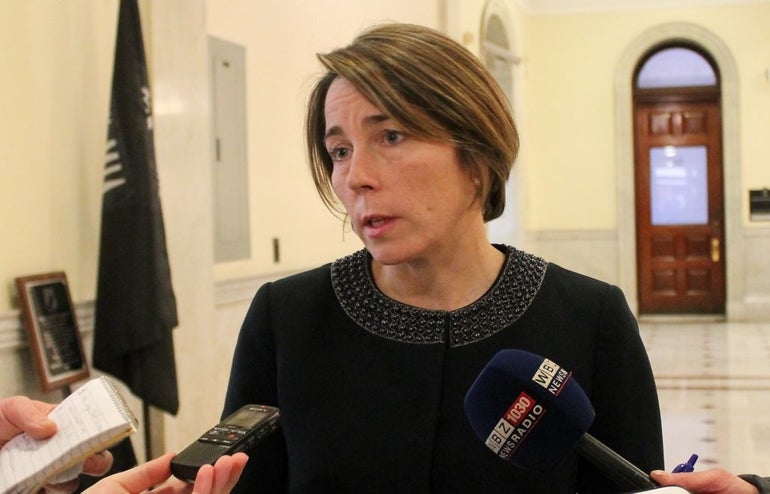A proposed 13-hospital merger involving Beth Israel Deaconess and Lahey Health would result in lower costs and be accomplished without layoffs at the service-delivery level, officials from those health care companies told Boston city councilors Tuesday.
Other speakers at the same hearing, including the head of Tufts Medical Center, warned of potential adverse impacts, arguing that the increased market share could destabilize other hospitals and threaten patients’ access to care.
“This merger would widen the disparities by creating a two-tiered system, those who are focused on the commercial population — Partners and the merged BI-Lahey system — and those who have a disproportionate share of MassHealth patients, our state’s most vulnerable population,” Tufts CEO and President Dr. Michael Wagner said. “The have-not systems would not receive adequate reimbursements to compete with the hospitals who have chosen to focus on more affluent and commercially insured patients.”
Wagner also cautioned of potential hospital closures, which he said would result in job losses and limiting access to medical care.
The Boston City Council has no jurisdiction over the merger of Beth Israel, Lahey Health and Seacoast Regional Health into a new system, which has been approved by the state Public Health Council and is under review by the Health Policy Commission, Attorney General Maura Healey’s Office, and the Federal Trade Commission.
Lahey’s David Spackman said the hospitals are undergoing what “may well be the most intensive review of any consolidation of the country.”
“When you look at the concern on the part of various communities as to whether this will impact their care, it will — for the better,” Spackman said. “We’re going to be lower-priced, we’re going to be high-quality, we’re going to be able to connect their care through every portion of their trip through the medical system. We’ve done it before, we will do it again, but together we will do it better.”
Councilor Tim McCarthy said he and Councilor Ed Flynn filed to hold the informational hearing after having a discussion that “revolved around our most vulnerable residents.” Councilor Michael Flaherty, who chaired the hearing, said the panel intends to play an “active role” in the issue.
The new system would encompass one academic medical center, two teaching hospitals, eight community hospitals and two specialty hospitals, with 2,400 beds, 1,000 primary care physicians, and 3,600 specialists.
An initial Health Policy Commission review found the new system would have the “second largest inpatient, outpatient, and primary care market shares in the Commonwealth,” behind Partners HealthCare. More than half of inpatient care provided across Massachusetts would come from those two systems, according to the commission.
Spackman said the new system would be “called to task” if metrics monitored by the state show its prices going up. He said the merger would create a lower-priced system well-positioned to compete with Partners, though he did not mention the larger system by name.
“We’re trying to bring true competition to Massachusetts. There is none. We do not have a competitive marketplace,” he said. “That’s been documented over and over again. No one is able to mount a competitive challenge to that system that will not be named. We, for the first time, will be able to create that. We have not fixed our problem by legislation, we have not fixed our problem by law enforcement.”
Under questioning by Flynn, Spackman said there were “no plans for any layoffs.”
“There are not going to be layoffs with people who touch patients, the people who issue bills, the people who clean, the people who monitor compliance,” Spackman told the council. He said, “The only areas in which any efficiencies may come from staff decisions are at my level, at the CEO level, at the very top end of the executive suite.”

